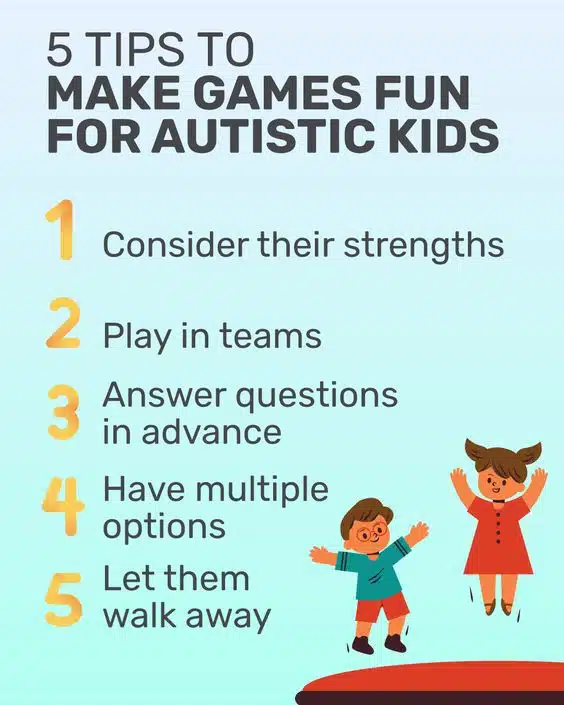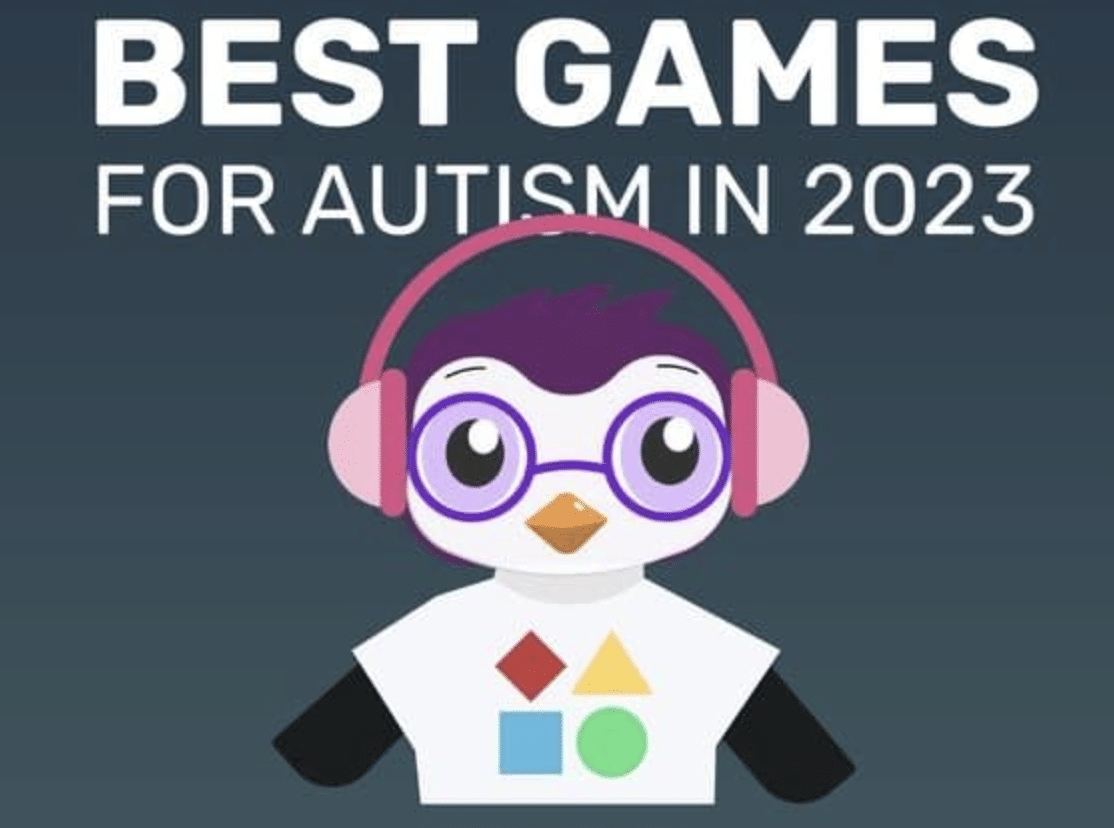Facilitated play is a powerful method to enhance language skills in children with special needs. It involves adults actively participating in playtime to help children learn and improve their communication abilities. Here’s how it works and some examples to illustrate the concept:
- Role-Playing: Parents or teachers engage in role-playing scenarios with children, using simple language and encouraging them to respond and imitate words.
- Imaginative Play: Adults play alongside children, using toys like dolls or action figures, and modeling appropriate language related to the pretend scenarios.
- Turn-Taking Games: Games that involve taking turns, such as board games, provide opportunities for adults to model language and encourage communication during play.
- Describing Objects: Grown-ups can describe the properties of toys or objects, introducing new vocabulary to children during play.
- Storytelling: Creating stories together during play helps kids practice language skills and encourages their creativity.
By incorporating facilitated play techniques, kids with special needs can make significant strides in their communication abilities. Goally’s tablet aids kids with special needs, including language development. Through interactive apps like digital schedules, gamified learning, and skill training videos, it fosters essential skills in a fun and engaging way.
This post was originally published on April 1, 2023. It was updated on July 21, 2023.













